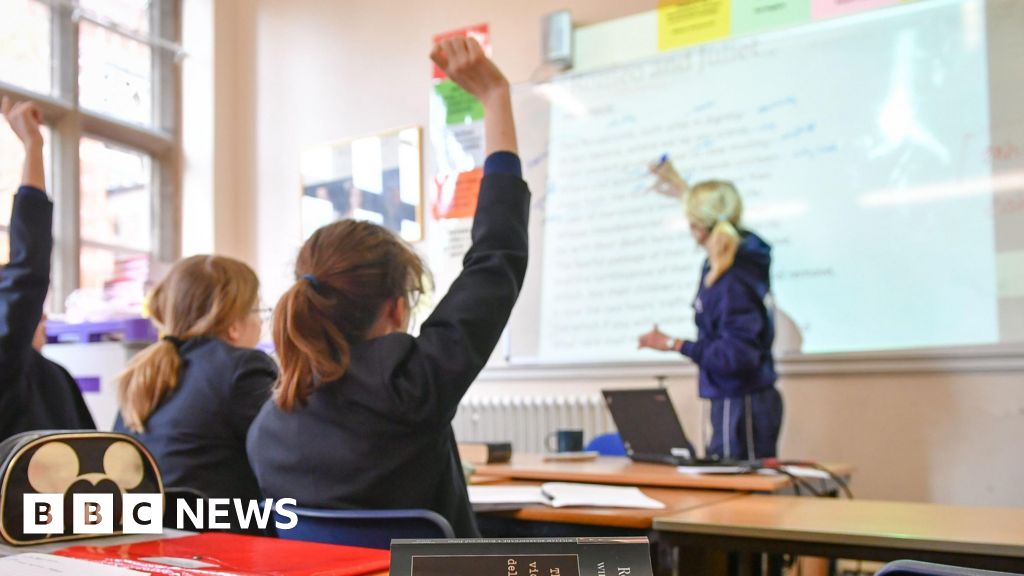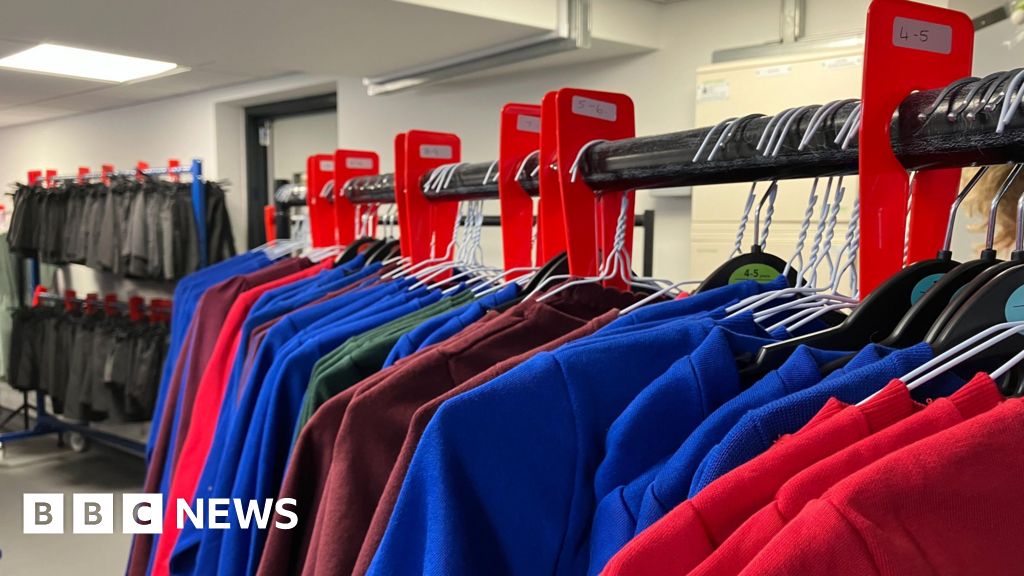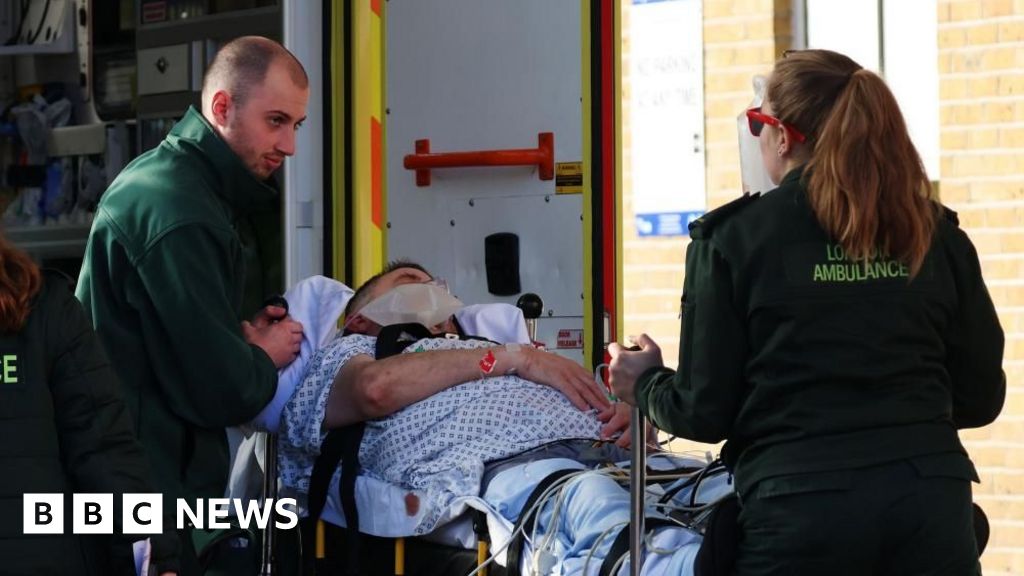ARTICLE AD BOX
By Nick Eardley
BBC political correspondent
Image source, Reuters
Image caption,Prime Minister Boris Johnson said Russia's actions amounted to a "renewed invasion" of Ukraine
At the start of this month, Prime Minister Boris Johnson warned Russia the UK was "preparing a package of sanctions and other measures to be enacted the moment the first Russian toe cap crosses further into Ukrainian territory".
Fast forward to today - and the view in London is very much that toe-caps have crossed that threshold.
The prime minister believes an invasion is under way, even if Downing Street says it's not a full-scale one yet and is still urging Russia to stand back from the brink.
So, has the UK followed through on its threats about sanctions?
'We need to hit them hard'
The prime minister announced a package which targets five Russian banks.
Three oligarchs are facing travel bans and seeing their assets in the UK frozen. The same measures are being planned for a number of Russian politicians who voted to declare Donetsk and Luhansk independent, in what the UK called a "flagrant violation of Ukraine's territorial sovereignty".
Those sanctions - against members of the Russian Duma and Federation Council - will take longer because legislation needs to be passed first.
But a number of politicians - from different sides of the House of Commons - raised concerns that the actions revealed today do not go far enough.
To give a flavour of the views expressed in parliament:
Former Conservative leader Sir Iain Duncan Smith said: "If we are going to hit them with sanctions, we need to hit them hard and hit them now."
Labour leader Sir Keir Starmer: "Russia should be excluded from financial mechanisms, such as [global payment system] Swift, and we should ban trading in Russian sovereign debt. Putin's campaign of misinformation should be tackled."
Foreign Affairs Select Committee chairman Tom Tughenhadt: "The ratchet could be misinterpreted as giving a free pass at an early stage, rather than drawing a clear line that needs not to be crossed."
Commons Standards Committee chairman Chris Bryant: "Everybody in this House will work closely with the government to deliver far more effective and secure sanctions if the prime minister asks, but they have to be now."
And outside parliament, Scotland's First Minister Nicola Sturgeon: "If this is a 'first tranche' there needs to be further tranches with much tougher action soon."
So why are ministers not going further now?
More sanctions on the horizon
The view in Downing Street is that sanctions need to be used "wisely and at the right time".
The argument is that more sanctions will be applied soon - if Russia doesn't step back or if the situation gets worse.
A source said it was important that the West kept sanctions in the locker "both so we can tighten the vice on Russia if it doesn't de-escalate - and so we can respond to further aggression".
In translation: there is that more sanctions are coming - unless there's a significant climb-down from Russia.
How could they go further? Well, Foreign Secretary Liz Truss said: "We will curtail the ability of the Russian state and Russian companies to raise funds in our markets, prohibit a range of hi-tech exports, and further isolate Russian banks from the global economy."
Boris Johnson says Russian actions in Ukraine are a “renewed invasion of that country”
Whitehall insiders also argue the sanctions announced on Tuesday are significant for strategic reasons.
For example, Promsvyazbank is seen in Whitehall as the bank for the Russian military, servicing more than two-thirds of its contracts.
Bank Rossiya is seen as "Putin's crony bank" in the Foreign Office. The individuals sanctioned have close ties to Russian President Vladimir Putin.
Foreign Office sources stress these sanctions have been agreed with allies in the West - and are designed to show a united front.
Ms Truss held talks with G7 counterparts this afternoon and there is said to have been agreement on phasing sanctions.
One of the most significant responses came from Germany, which halted approval of the Nord Stream 2 pipeline, and the US banned American people and companies from conducting any trade or investment in the rebel-held regions.
There are some differences, but officials in the UK believe the broad approach is similar.
A source added: "If you exclude Nord Stream 2 - which was a card we never had in our hand in the first place - we're aligned with the EU package."
The counter-argument we heard in Parliament is that by taking more significant action now, the UK and its allies could have made more of a statement of intent.
But it seems highly likely that more sanctions are coming soon.

 3 years ago
35
3 years ago
35








 English (US) ·
English (US) ·